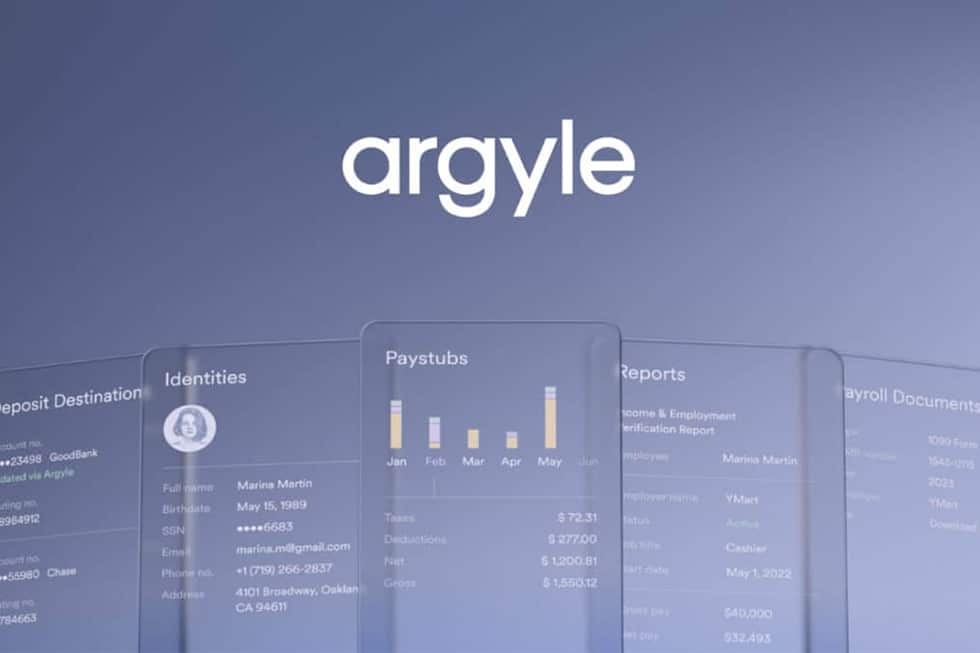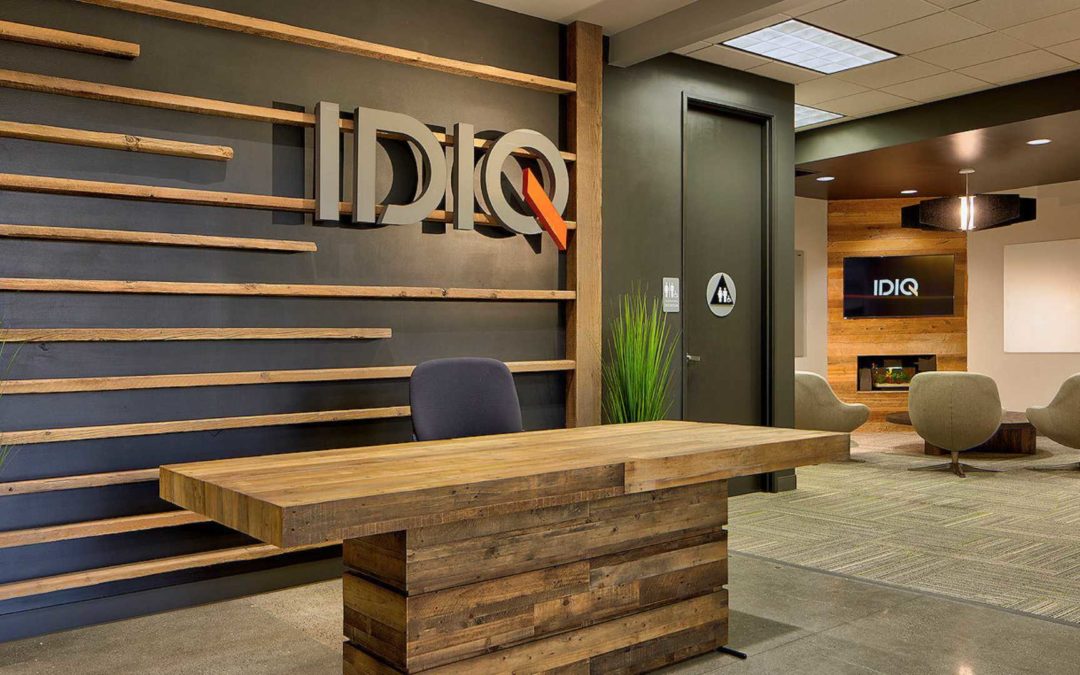We already know that, based on the numbers, women are better at investing than men; so what does that say for female financial advisers?
Well, studies show not enough.
According to Zippia, a data collector that helps job seekers find career opportunities, only 28% of financial advisers are women. That leaves over 70% of current financial planners who are men, and a lot more room for different types of gender bias. A 2021 Merrill Lynch study found that not only were male advisers likelier to display stereotypical presumptions, such as assuming a man is a decisionmaker in a relationship or that women have higher risk-averse tendencies, but women investors also tend to feel more comfortable making their own decisions with a woman adviser (38%) than with a male adviser (18%) and were 2.5 times likelier to take on investment risk when working with a woman.
It’s clear that women advisers are sought out and wanted by investors, but for the advisory and overall financial services industry to evolve, financial institutions, firms, and banks will have to be more inclusive and considerate of the needs and wants of women, both on the investor and advisory side.
For example, women have long been disadvantaged when it comes to finances and banking—personally and professionally. Females already earn less money than their male counterparts (women financial planners make 68% to the dollar men earn), and are likelier to take breaks or even leave the workforce in order to raise children and care for elderly family, despite tending to live longer than men. Therefore, it’s important for firms, banks, and the financial industry as a whole to take these considerations into mind and put solutions into practice for the workplace. This starts with equitable pay and shifts in company culture that focuses more on team-based environments.
Equitable Pay Extends Past the Gap
Abolishing the gender pay gap goes beyond fair wages—it includes paying workers enough to afford quality childcare solutions, paid sick days, and paid family leave. As of 2018, about one-in-five children live with a single mom, which means the weight of finding, applying for, and affording childcare falls directly on their shoulders. As the cost of childcare continues to skyrocket—with the weekly average being $300 for a family daycare center—even families with two guardians are making the decision to have one leave the workforce. Most times, that responsibility ends up falling on the woman.
Similarly, offering paid sick days and family leave is essential to diversifying the workforce, especially when recruiting women into the field. Rather than leaving the workforce when a life event comes up, whether it’s taking maternity leave during pregnancy or taking a leave to care for an ill family member, it’s vital to have these options in order for women to come back to their careers.
Shifting Company Culture and Leadership
Another set of challenges faced by women advisers are company culture and toxic environments. According to a study by the Carson Group and Hidden Insights Group, 60% of participants listed culture and leadership as their top hurdles when joining the advisory industry.
Women advisers offer collaborative, team-oriented attitudes that can bring fresh perspectives on leadership. This helps with recruiting and retention as well—rather than focusing on women advisers as the sole collaborative agents, new cultures that include cooperative, team-focused environments are fostered.
With 40% of financial advisers projected to retire within the decade, the room for women advisers is ample—and growing. It’s time the industry makes the space for them.





